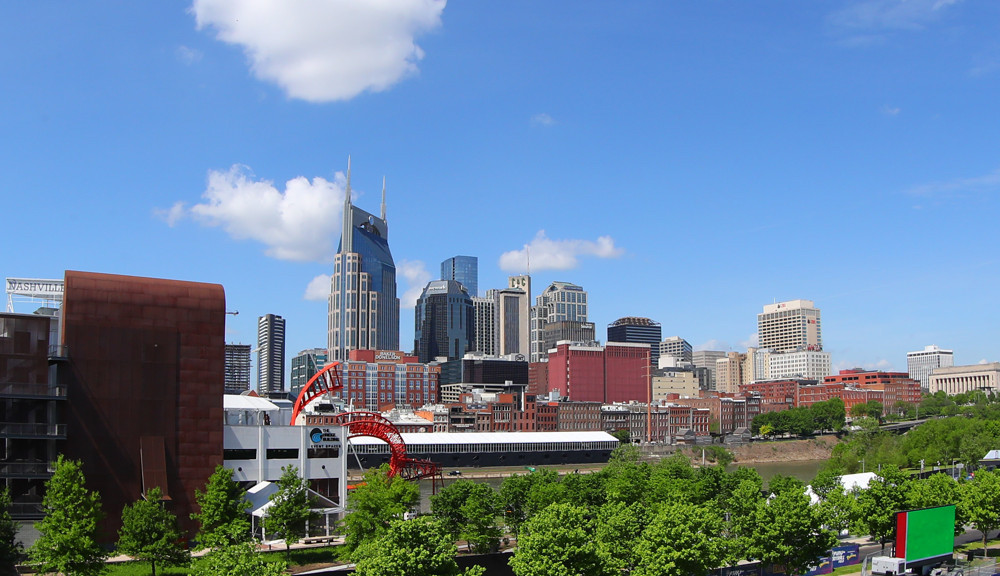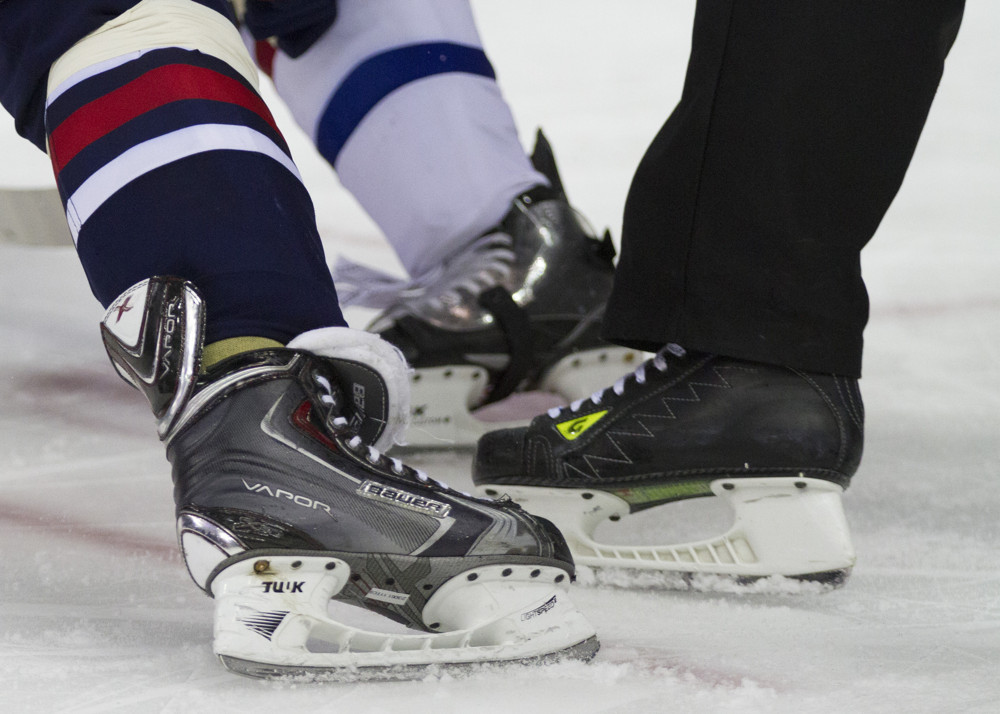According to the NOAA, between 1991 and 2010, the state of Tennessee experienced roughly 26 tornadoes per year. A tornado coming into Nashville is not particularly shocking. In fact, it’s something many of us remember. At the same time, it’s a reminder of what we should not take for granted.
In 1998, what many of us consider to be the “big one” hit on April 16. This tornado rolled through the heart of Nashville, down West End, through downtown and eventually into East Nashville. Oddly, much of East Nashville’s resurgence is credited to the growth following that tornado. This one is far more memorable than any others because of the images it produced: a tornado rolling through the city skyline, damage to notable landmarks. Events like the 1998 tornado stay in our memory because of the symbolism they produce. We saw that tornado juxtaposed with our city skyline and, in a way, it felt like Nashville itself was being attacked by nature somehow.
The same sort of feeling occurred in 2010 on a wider scale. The floods of 2010 left landmarks and recognizable places underwater, some never truly came back. Images like a flooded Grand Ole Opry left a lasting image in our minds that our very culture as a city was somehow being destroyed because of the damage to these cultural icons.
The floods of May 2010 also showed the destructive power of nature more than any other force in recent memory. They were constant, widespread and unrelenting. Whether being mildly inconvenienced or having your life completely uprooted, there was hardly a soul in the city who was not affected by the 2010 flood. That’s why we don’t forget about it.
These two moments – for lack of a better term – were watershed moments in our community’s recent history. We think of the 1998 tornadoes as leading to the rebirth and eventual gentrification of East Nashville. After the Nashville flood, the city came back so quickly and in such a manner that many of us began to resent the rapid growth.
Unfortunately, what happens when we start to worry about rapid growth and gentrification is that we lose sight of our own empathy. Change is constant. The Nashville of 1998 was not the Nashville of 1988. The Nashville of 2010 was not the Nashville of 1998. And the Nashville of 2020 is certainly not the Nashville from 2010. However, the one part of the city that has not changed is this sense of community. You may not have been in this community in 1988 or 1998 or 2010 or even 2019, but if you are here, you are part of us.
In May 2010, I stated that “We are Nashville.” At the time, the statement seemed apt. We – as an entire community – were affected by the events of the May 2010 floods. Our own personal tragedy drove us to volunteer to help our neighbors, to give money to help our neighbors, to buy t-shirts to help our neighbors. It was our communal disaster. Our collective tragedy.
The March 2 tornado is not a collective tragedy. It’s an individual one. Outside of seeing these symbols – these places and parts of town that many of us frequent – destroyed and devastated, a large portion of the community made it through this storm unscathed. Some of us slept through it. Others stayed awake but never even saw a drop of rain. We waited until the storm rolled by, marked ourselves safe on Facebook and then went back to sleep, woke up this morning and continued about our lives as normal.
I am one of these people. While I heard the sirens, it barely rained at my house. I do not need uplifting. I do not need to be reminded that we are a wonderful community and pat myself on the back and, again, go about my day. I’m not saying it’s wrong to feel empathetic for those affected – empathy is a wonderful human condition. At the same time, many of us again only feel pangs in our heart because we see buildings and places we recognize torn apart by nature. We see these symbols of our home and again feel like something has attacked us.
What we tend to forget when we look at the damage is that there are actual individuals involved in these stories. Their lives have been turned upside down and many will never be the same. When I got into my bed safely when after the storms had passed over my part of town, someone else in another part of this city in the ruins of their home looking for their mom or dad or sister or brother or daughter or son or dog or cat. Some of them would not find them. While I slept soundly – even mildly annoyed at the tornado sirens going off when my part of town was not affected – someone in another part of town was just beginning to cope with the fact that they suddenly had no possessions and nowhere to live and had to figure out what to do. There are people dealing with questions we never even think to ask. How does a person find somewhere to live in a day? What do they do if they are still required to come to work or school? How do you plan a funeral when you don’t even have anywhere to live? How do you do any of these things when you’ve lost the loved one you always turn to for assistance? Imagine the questions you would be asking. Put yourself into their shoes for just a moment. These may be people you see at the grocery store, at the park, at a movie, at a play, at a Predators game. They may be your friends, they may be your family, they may be your coworkers or they may be someone you’ve never even met.
These people – our neighbors – do not need someone telling them what a wonderful community we have and how we will come back and rebuild and be stronger than ever. What they need is that community. We are Nashville. We are a city, but we are also a community. A community largely made up of kind, resourceful and helpful people. We saw this kindness manifest in 2010. We need this kindness in 2020. Our neighbors are grieving. Do not let them grieve alone.
Help your neighbors, Nashville.
—
Here’s how you can help:
- The Community Foundation of Middle Tennessee – Middle Tennessee Emergency Response Fund. If you recall the “We Are Nashville” t-shirts from 2010, the CFMT is where the money raised by those sales went.
- Hands On Nashville. Not only are they accepting volunteers, but you can also volunteer to help your neighbors pick up the pieces and try to put everything back together.
- The Disaster Distress Helpline. If you or anyone you know is experiencing mental or emotional distress due to the tornado, call 1-800-985-5990.


